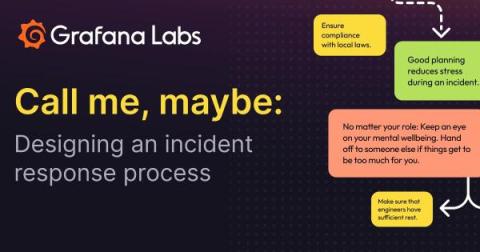Mastering Incident Response: A Guide to Becoming a Proficient Security Analyst
Watch the webinar and learn how to: Refine your workflows based on different perspectives Simplify your incident responses by creating more thorough drilldowns of your infrastructure Inform your team of threats based on robust insights and information.











